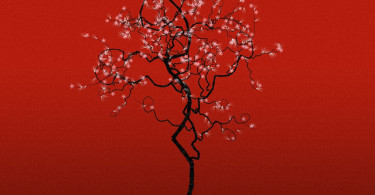Note: This post is a version of a post first published on Health Affairs on September 20, 2011...
Medicare
Overwhelming majority of people newly eligible for Medicare...
A January 2015 Kaiser Family Foundation study shows that the overwhelming majority of people newly...
Traditional Medicare is changing
The New York Times reports that Medicare has finalized a new rule under which traditional Medicare...
Four ways Congress could weaken Medicare
Much like Social Security, Americans across the political spectrum prize Medicare. Medicare...
Federal drug discount program likely hurts cancer patients
Almost half the hospitals in the U.S. that treat Medicare patients, participate in the federal...
Support grows for Medicare buy-in and public health insurance...
Secretary Clinton is proposing a Medicare buy-in for people between 55 and 64 and a public health...
Accountable Health Communities offer services and supports
Compelling evidence shows that social supports help promote good health. So, as part of its mandate...
Hospices misleading patients, overbilling Medicare
A new report by the Office of the Inspector General (OIG) reveals that some hospices are misleading...
33 Senators call for Medicare-like option for all Americans
Last Thursday, 27 United States senators called for a Medicare-like option in the state health...
New law would reduce Medicare enrollment mistakes
These days, many people who turn 65 are still working. Many are also holding off claiming Social...










